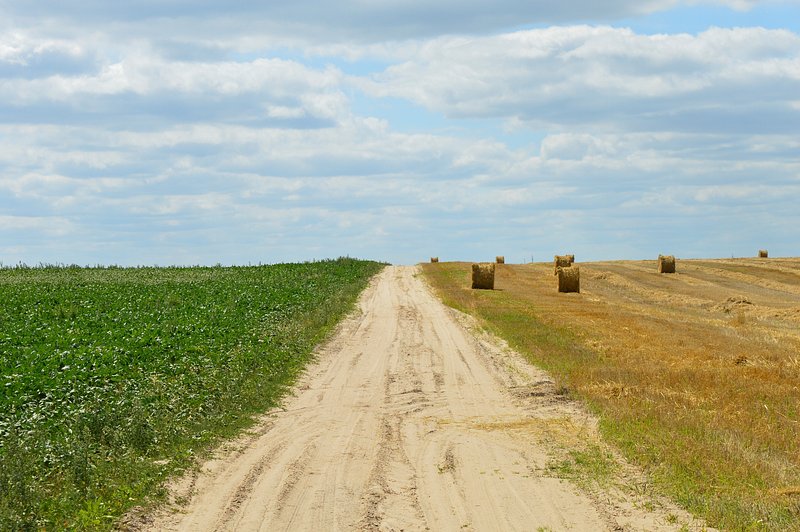WASHINGTON — In an intricate political maneuver, U.S. House Democrats unveiled details early Thursday spotlighting the potential repercussions for each state should Republicans exclude federal disaster aid from a pivotal stopgap spending bill. The bill, initially rejected by their own members, also faces criticism from President-elect Donald Trump. Among states at risk, South Dakota could see a significant loss estimated at $1.5 billion, primarily impacting its vital agricultural sector.
The release of the potential $100 billion cuts arose mere hours after Trump and significant allies like tech mogul Elon Musk urged GOP congressional leaders to abandon a bipartisan year-end spending proposal. This stopgap bill requires Congressional approval by Friday at midnight to avert a partial government shutdown, which could halt paychecks to federal employees and U.S. military personnel just before the festive season.
A detailed state-by-state breakdown revealed that states scarred by natural disasters, including South Dakota, would forfeit crucial funds if the aid package does not pass. Such losses underscore the importance of agricultural disaster relief and economic assistance, representing a lifeline for many South Dakotan farmers.

Donald Trump
South Dakota’s Stake in Federal Aid
South Dakota, with its expansive agricultural landscapes, stands on the frontline of these budgetary decisions. U.S. House Democrats estimate that South Dakotans risk losing $951 million earmarked for agricultural disaster payments and an additional $540 million intended for economic assistance. These funds are critical for farmers facing an unpredictable climate that has wreaked havoc on crops and production cycles across the state.
Moreover, nearly $40 million is allocated for emergency repairs on infrastructure damaged by disasters, further emphasizing the broad impact this potential budget cut could have on South Dakota’s economy and recovery efforts.
Agricultural Concerns and Economic Implications
Farmers in South Dakota are particularly concerned. The economic impact of introducing a partisan bill devoid of these essential funds could ripple through the communities, affecting not only agriculture but also associated industries and regional economic stability. The state’s dependency on agriculture highlights the urgency in securing these disaster funds, without which many farms could struggle to recover from natural setbacks.
Political Turmoil and National Implications
The broader implications of this political stalemate could be profound. A partial government shutdown looms, a scenario that could negatively affect federal employees and military personnel, including those stationed at facilities involved in the nation’s defense strategy, like those within Mike Johnson’s district in Louisiana.
Amidst this turmoil, Mike Johnson, the 56th Speaker of the U.S. House of Representatives and a seasoned constitutional lawyer, champions disaster aid and economic support essential for American farmers. His district, inclusive of major defense bases, underlines the necessity for maintaining operational functionality across all states, including South Dakota.

Elon Musk
Emphasizing Bipartisanship in Challenging Times
Congressional Democrats encourage GOP leaders to embrace a bipartisan commitment, prioritizing national interests over partisan divides. With negotiations stalling due to Trump’s urging to include debt limit deliberations within the scant remaining time, the political chessboard remains active yet unpredictable.
Former President Trump’s push for debt ceiling conversations marks a strategic pivot, indicating a desire to cement a legacy distinct from his predecessors. However, this inclination does little to alleviate immediate economic concerns in states like South Dakota, heavily reliant on the debated aid.
Senate Majority Leader Chuck Schumer has publicly critiqued these delays, suggesting they jeopardize essential, bipartisan-supported legislation. In his words, “Unfortunately, it seems Republicans are in shambles over in the House. But as they try to piece things together, they should remember the only way to get things done is through bipartisanship.”
Conclusion: The Potential Path Forward
As negotiations reach the eleventh hour, the gravity of the potential financial losses hangs prominently over South Dakota. The necessity for a balanced solution, one that amalgamates fiscal responsibility with humanitarian needs, becomes apparent. South Dakota’s farmers, infrastructure, and broader economy depend on the cohesive action of Congress to bridge the partisan chasm and pave a way forward.
The discourse continues, with stakeholders awaiting the Senate’s response, holding onto the hope that a bipartisan solution can preserve essential funding for states hit hardest by natural disasters.
For the full state-by-state breakdown and financial implications, access the detailed report here.
